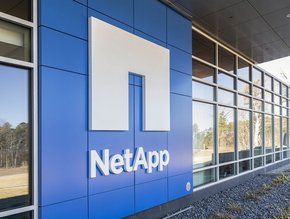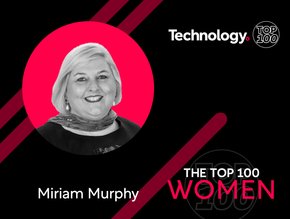Gartner name key technology trends spurring vast innovation

Research firm Gartner has identified engineering trust, accelerating growth, and sculpting change as the three main trends driving organisations to explore a range of new and emerging technologies, such as nonfungible tokens (NFT), sovereign cloud, data fabric, generative AI, and composable networks to help secure competitive advantage.
The 2021 Gartner Hype Cycle For Emerging Technologies report, is meant to help enterprises distill insights from more than 1,500 emerging technologies into a brief set of “must-know” trends that Gartner believes show a lot of promise in helping to deliver a “high degree of competitive advantage” in the next five to 10 years.
“Technology innovation is a key enabler of competitive differentiation and is the catalyst for transforming many industries. Breakthrough technologies are continually appearing, challenging even the most innovative organisations to keep up,” said Brian Burke, research vice president at Gartner. “Leading organisations will lean on the emerging technologies in this year’s Hype Cycle to build trust and new growth opportunities against a background of continued strategic change and economic uncertainty.”
The emerging technology trends
Engineering trust
The concept of “engineering trust” revolves around the idea that trust demands both security and reliability and can be extended to build innovations as a resilient core and foundation to deliver business value, Gartner says. To deliver this foundation, it’s necessary to engineer repeatable, trusted, proven and scalable working practices and innovations.
Gartner explains that the cloud and digital technology services market is currently dominated by U.S. and Asian providers. As such, many European firms are forced to store their data in these regions. But that leads to political unease and concerns over the retention of data control.
To achieve digital and data sovereignty, companies can engage with emerging “sovereign clouds” that give them complete control over the data that resides within them, preventing third parties, including the cloud providers, from having access or being able to compromise it.
Gartner said sovereign cloud is one of a number of technologies to watch that will support engineering trust, along with NFTs, machine-readable legislation, decentralised identity, decentralised finance, homomorphic encryption, active metadata management, data fabric, real-time incident centers and employee communications apps.
Accelerating growth
Once engineering trust is established, companies will be able to accelerate growth to extend delivery and value, Gartner said.
One example tech that will enable this is generative AI, which makes it possible for machines to use things such as text, audio files and images to create entirely new content. “Generative AI will not only augment and accelerate design in many fields; it also has the potential to ‘invent’ novel designs that humans may have otherwise missed,” Gartner said.
Gartner also recommends exploring multiexperience, industry cloud, AI-driven innovation, quantum machine learning and digital humans technologies to accelerate growth.
Sculpting change
Change has often been seen as something that’s disruptive for businesses, such a migrating to the cloud was. But in the future that will change, says Gartner, with the rise of the principle of “sculpting change,” which involves first anticipating and then auto-tuning a business to the needs of whatever changes are coming.
Composable business applications, refers to apps that are built from interchangeable business blocks. Gartner said it’s a prime example of a technology that will allow businesses to sculpt change to fit their needs by recognising and exploiting new business opportunities, responding to unexpected disruptions and meeting customers’ changing demands at their own pace.
Other technologies that seem primed to enable sculpting change include composable networks, AI-augmented design and software engineering, physics-informed AI, influence engineering, digital platform conductor tools, named data networking and self-integrating applications.






